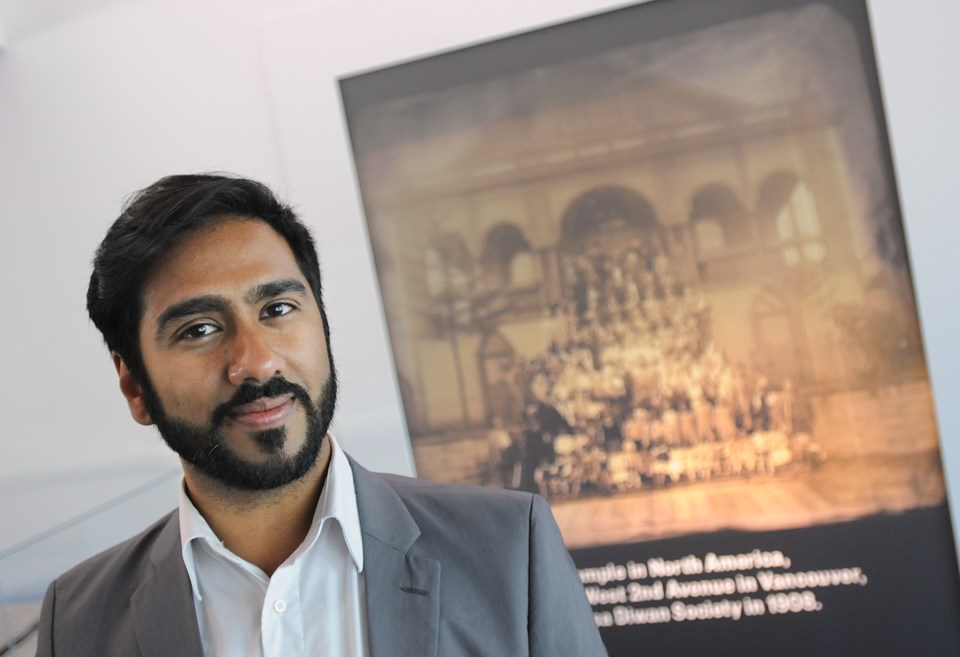There’s a Punjabi word for First Nations people that was only used in Vancouver.
“This is a word that doesn’t exist in Toronto or Winnipeg or Calgary,” said cultural researcher Naveen Girn.
The word is taiké and it was used when First Nations and South Asian men worked and lived together at lumber mills.
Taiké translates to mean your father’s elder brother.
“It speaks to the idea of cousins between First Nations and South Asians,” Girn said. “But also this idea of this ancestry, that they both share this common ancestry.
“There’s no picture that exemplifies that story,” Girn continued. “It only exists as an oral history. And it’s hard to trace those stories. But those are the challenges we now have in telling these intercultural stories that go back to the beginnings of Vancouver.”
He and others will share little-known and time-honoured stories, from epics to personal narratives, traditional folk stories and fairy tales at the 20th edition of Vancouver International Storytelling Festival, June 13 to 15. This year’s event has been dubbed A Cabinet of Curiosities.
Girn has interviewed South Asian elders, scoured photo albums and interviewed ancestors of the British Indian passengers who sailed into Vancouver in 1914 on the Komagata Maru for various historical exhibitions he’s curated, including Unmoored: Vancouver’s Voyage of the Komagata Maru, which is at the Museum of Vancouver until Aug. 18.
He plans to squeeze some of what he’s learned into a 20-minute story hung on a newspaper editor in Vancouver in 1914 named Husain Rahim, whose printing press was in Chinatown.
“He talks about how the best restaurants in Vancouver are the Chinese restaurants because they don’t discriminate against South Asian customers like ones in Gastown,” Girn said.
Rahim frequented the first Sikh temple in North America on West Second Avenue and Burrard that was built in 1908 and operated there until 1970, when it was sold to pay for construction of the Ross Street Temple in South Vancouver. The temple’s basement served as a political gathering space for Hindus, Muslims and Sikhs when they weren’t permitted to vote, work in select occupations or buy homes in certain areas.
Girn says the first marriage celebrated at the Second Avenue Temple was between a Sikh temple priest and his Caucasian English language tutor from the United Church of Canada.
Naomi Steinberg, artistic director of the storytelling festival, is excited to feature Girn and other storytellers who are new to the festival in locations across the city for the anniversary year.
The festival includes three evening programs and multiple daytime events and brings together storytellers that include Nigerian-Canadian academic, educator and storyteller Comfort Ero, Squamish elder Wendy Charbonneau and actor Deborah Williams.
The Friday night show at the Hungarian Hall in Kensington-Cedar Cottage will focus on lighthearted tales. There’s a family story time Sunday morning in Mount Pleasant, a panel discussion on storytelling for social change Sunday afternoon, and the “Curiouser and Curiouser” event in Kitsilano that Girn will appear at Sunday night.
“I’m looking forward to being there,” he said. “One of the great things about the idea of storytelling is that it can be used not just as a political force but as a force that connects us to our community.”
Some of the events are ticketed; others are admission by donation. For more information, see vancouverstorytelling.org.


